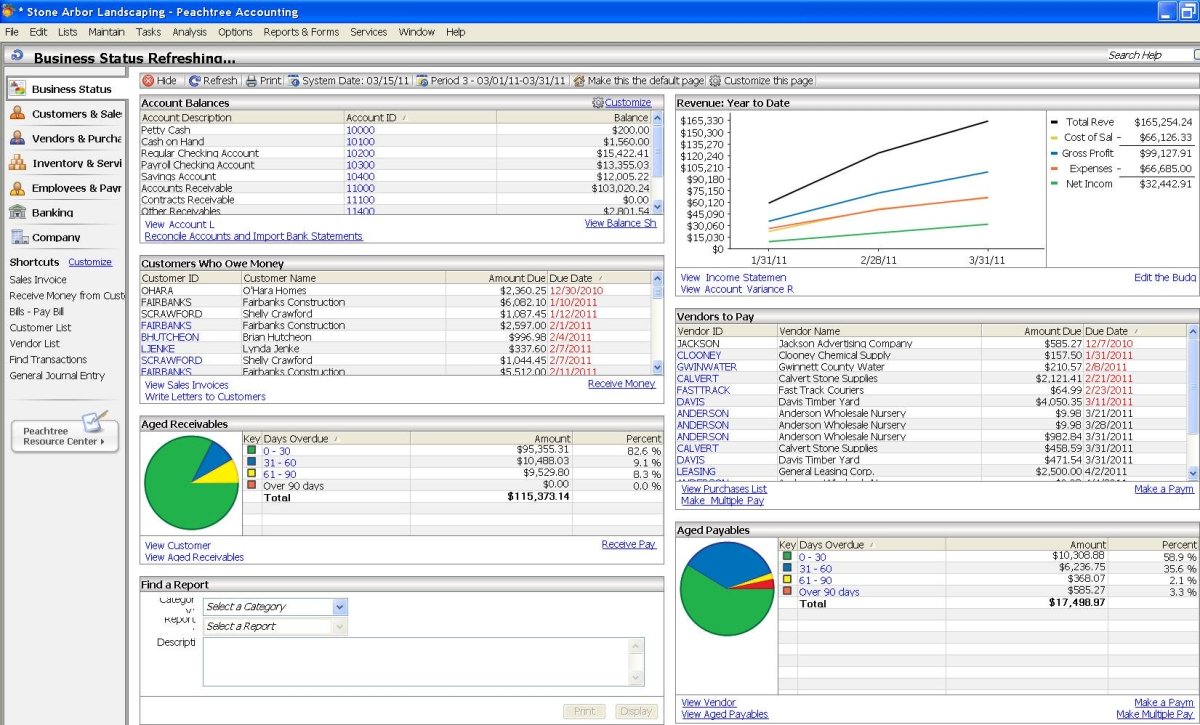Accrual and Cash Based Accounting:Differences and Real Life Examples

The most basic differences between these two types of accounting is how and when revenue and expenses are recognized. Cash based accounting recognizes expense and revenue when the money changes hands. In the case of Accrual accounting, expenses and revenue is matched to the time frame where they are meant. Accrual accounting is used by all for profit business as GAAP rules govern. Cash based accounting is used for many Not-for-profit companies, also known as fund accounting. Even though governmental and not-for-profit choose this type of accounting for their own personal use, come tax time they have to revert to accrual accounting for taxes, as this is what is expected. All taxes and public owned companies must use Accrual accounting.
So in real terms, what is the differences? Below are a few transactions that businesses will have on a daily basis, for you to see the differences.
Prepaid Expenses
One of the biggest changes in these two types of accounting can be seen in prepaid expenses. Say a company pays a years worth of rent on a building they are using for business purposes. In cash basis accounting, the whole amount paid will be included in the accounting period in which it is paid. In contrast, with accrual accounting the payments will be put in a contra account called Prepaid Rent Expense and each month the correct amount will be subtract from assets and the expense will be taken from the contra account. If cash basis was used, the true cost of the rent would be top heavy for the month it was paid and the rest of the year no money would be spent on rent.
End of Year Salaries
Suppose that the company’s last payroll for the year is not actually paid until the middle of January, as most payroll is not paid immediately, but with a few weeks of processing in between. Cash Based Accounting would subtract the cash from assets when it was paid, thus the next year. However this would not be an actual true way to do it, as it is not January’s expense, but the prior years expense. In accrual accounting a contra account would be set up for the year end salary and would be included as an expense for the correct accounting period. Basically assets would be put aside to cover the payroll in the contra asset account and would not effect the next year’s payroll.
There are many instances where the meaning would be different in each type of accounting, but if you really want to show the true state of a business, not to mention have legal books, you must use accrual based accounting. It is also useful in terms of long term assets and liabilities to spread the expense and asset throughout the life of usefulness. Cash basis accounting does not use depreciation to slowly show the loss of asset usefulness as the equipment/building ages, thus once again not showing the true financial state of the company.








